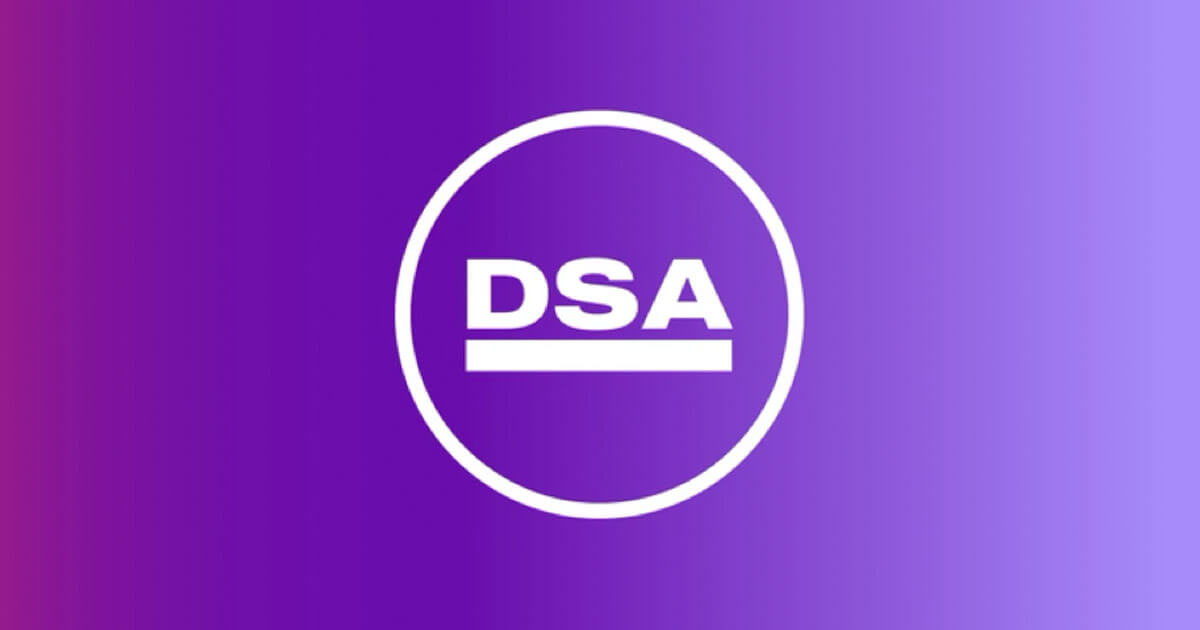MEMPHIS, Tenn. – When Robert McCulley saw his Facebook friend advertising thousands of dollars in Bitcoin profits, he wanted to invest his own money.
“So I reached out to the lady and asked her, ‘Hey, is this all real?’” he told FOX13.
His Facebook friend seemed to respond with a video of herself waving back.
“It was her on the video,” he recalled. “It was the most realistic thing ever. I told my wife, ‘That’s not a scam. I’m talking to her.’”
She even sent a photo with her driver’s license.
Her message read, “That’s me and my ID. So you can feel safe. You can file a report of me if you didn’t get your payment.”
McCulley was convinced by the messages and images in his inbox.
However, the person on the other end of the messages grew more aggressive, demanding more and more money.
“I fell for a scam and invested $1,000,” he explained. “I have to live with it.”
After growing more suspicious, he finally made contact with the actual woman offline.
“She fell for it,” he explained. “She believed in it, she got hacked.”
The Memphis woman told FOX13 that she had ‘fallen’ for a similar Bitcoin scam.
However, the criminal convinced her to send the video waving and the photo of her identification to get her money back.
“I remember thinking, ‘What do I have to lose?” she recalled. “They’ve already taken my money.”
She said the scammer hacked into her profile and started sending the images as ‘proof’ that the messages are coming from her.
As a victim of identity theft, she asked not to share her name or face.
“It’s been such a nightmare,” she told FOX13. “You just feel violated.”
The Better Business Bureau of the Mid-South recommends that social media users never send identification or photos to strangers on the internet.
“It ends up being a two-fold scam, right?” said Daniel Irwin, a BBB spokesman. “They scammed her out of money. And then unbeknownst to her as part of the scam, you know, they had preplanned to go ahead and scam her friends and other people.”
He also cautioned against promises that investors will get thousands of dollars back from a stranger.
“You just can’t believe promises of guaranteed returns,” he said. “That would be the biggest red flag because investments are risky by nature.”
McCulley wants to warn social media users across the Mid-South to be skeptical about who and what they trust online.
“I am a prime example,” he said. “Don’t believe what you see.”
Download the FOX13 Memphis app to receive alerts from breaking news in your neighborhood.
CLICK HERE TO DOWNLOAD
Trending stories:
Credit: Source link















































